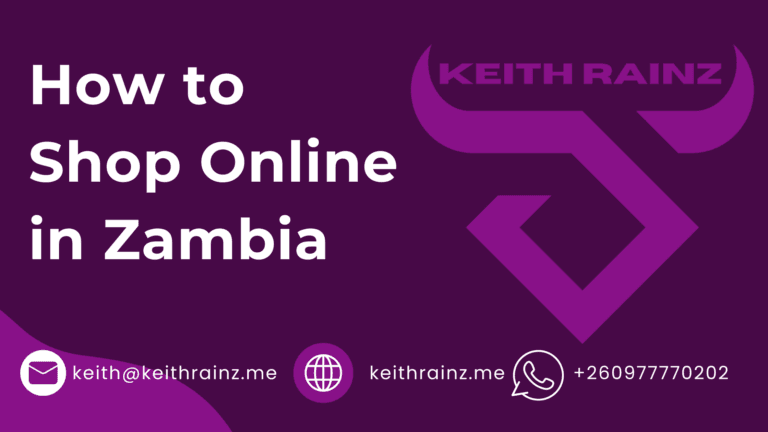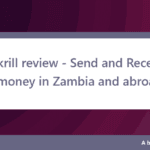Learn How To Avoid That Affiliate Marketing Scams in South Africa. You’ve made the decision that a 9-5 day job isn’t for you. You’re fed up with your work being undervalued and ignored. You want to work when you feel most productive, not when your boss or manager thinks you are. You’re also fed up with putting in long hours with no incentive or reward system in place.
Affiliate marketing is an excellent opportunity for those who want to go it alone. Many people find it appealing because of the low risk and low start-up costs. Affiliate marketing programs are ideal for self-starters and motivated individuals. They’re also ideal for people who want to work their own hours.
The internet has aided in the transformation of many aspects of our lives. With a computer and high-speed internet access, we can study and work from home. Unfortunately, there are a lot of con artists out there who are willing to take your money or your work and use it for their own gain. Many of these email scam programs and work-at-home schemes have a slim chance of making any money.
Unfortunately, these con artists have also made their way into the affiliate marketing world. There are some fantastic affiliate marketing programs to join; the trick is recognizing the scammers.
The internet’s look and feel, as well as affiliate marketing’s, are constantly evolving. This makes compiling a definitive list of dos and don’ts extremely difficult. There are, however, some indicators to look for. If any of these signs are displayed by your company, it does not necessarily mean that they are con artists. It should, however, be investigated further.
You should always have some help from an affiliate marketing program. This could include a contact person with whom you can speak if you have any questions or issues. A reputable business should want you to succeed. They will do better if you do better. It should have a toll-free phone number, an email address, and a fixed street address at the very least. If your business is an online affiliate marketing program, the lack of an email address or a website should raise some red flags. Other factors, such as the absence of a phone number or an address, do not necessarily indicate that they are attempting to defraud you. You should investigate them with a fine tooth comb, though.
Sending the company an email with some basic questions is a good test. If it takes them weeks to respond, you should think twice about going ahead with this venture. Again, they may not be attempting to deceive you, but poor communication could indicate other internal issues.
If the company does not have a website, you should look elsewhere. Legitimate affiliate marketing programs usually have a comprehensive website with all of the necessary information. Companies that only operate via email should be avoided. Why hasn’t this company taken the time to put together a website? A website also leaves a bit more of a trail for a business. If they do manage to con you, your chances of tracing them through a website are much better than tracing them through a large number of email addresses.
Many of us would relish the chance to be our own boss. We’d like to quit our day jobs and start our own companies. However, the costs of starting a business, as well as the risk involved, deter most of us from even trying. Affiliate marketing is a great way to work for yourself and earn money. There are no costs, and the risk is minimal. When joining a program, one must exercise caution. Ascertain that you have adequate support at your disposal. Check to see if the company can be reached and if they respond to inquiries in a timely manner. Companies without a website should be avoided at all costs. These factors do not always indicate that the company is attempting to defraud you; however, they should be carefully examined.







